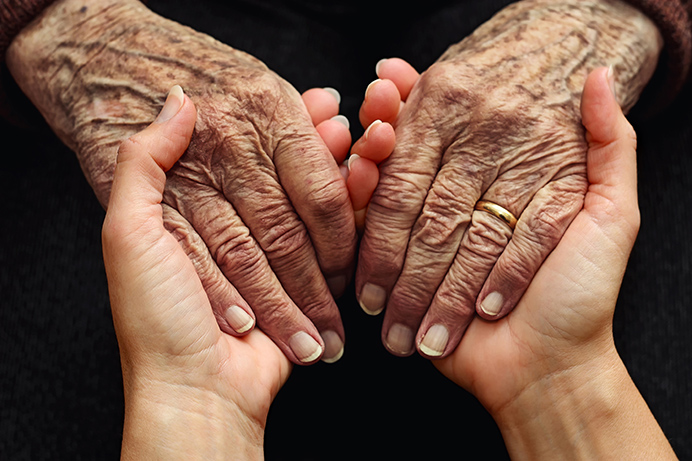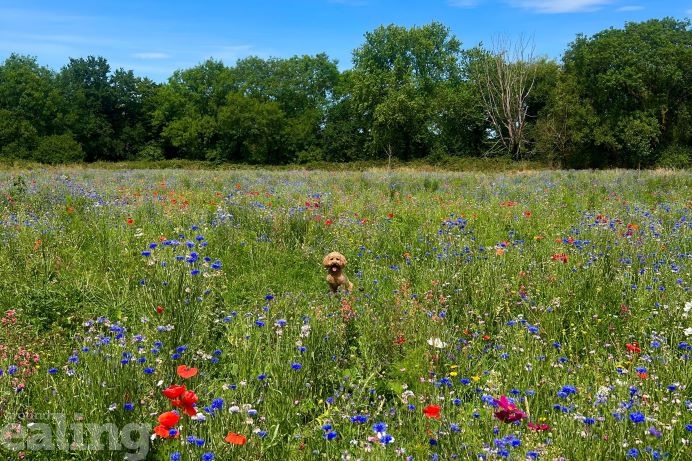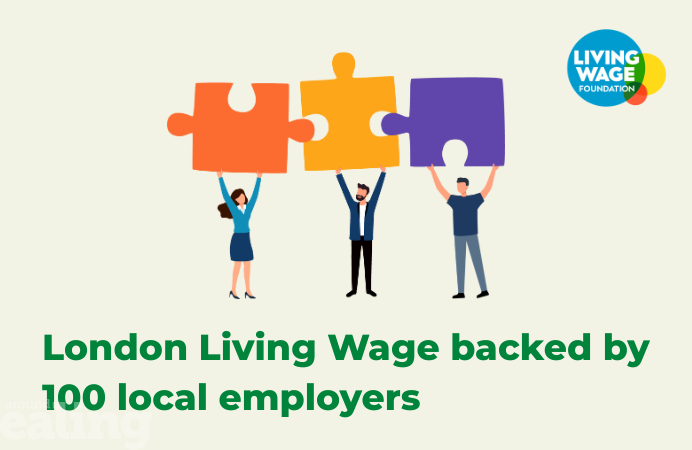It is national Safeguarding Adults Week (18-22 November), which aims to raise awareness of the need to keep vulnerable adults safe from abuse or neglect.
Financial abuse, doorstep crime, or even harm within the home, are all potential risks.
The Ealing Safeguarding Adults Board leads on work within the borough to address such issues. Ealing Council is the lead agency on the board, but the board works in close partnership with service users and a wide range of other public, voluntary and private organisations.
As well as senior council staff, the board also includes experts from the police and the NHS. It co-ordinates and shares that collective expertise to help each organisation working to support and care for vulnerable adults.
It is chaired by Sheila Lock, who, with 35-years of experience in the field behind her, has chaired the board for four years.
“We come together every six weeks or so and we decide on things we want to do something about,” she said. “Safeguarding is crucial to everything social care staff do. It involves protecting the most vulnerable individuals as well as promoting the safety, health and wellbeing for those who need it most. The link to health and supporting people to age well and safely is critical.”
The board is also responsible for making sure that all relevant local agencies are held accountable for prioritising safeguarding effectively.
Sheila said: “The goal of the board is to ensure that all those working with adults at risk have the right skills and expertise and are effectively supported in knowing what to do when a concern has been raised.”
Every organisation on the board has a dedicated safeguarding lead and Ealing Council also has a safeguarding adults team.
More information and reporting a concern
If you have a concern about an older or vulnerable person, contact a member of the council’s team by emailing safeguardingadults@ealing.gov.uk or calling 020 8825 9401.
You can find more information about protecting yourself and how to report abuse in the help to stop abuse guide.
The easy read booklet, Say no to abuse, also explains the different types of abuse and how to report them.





